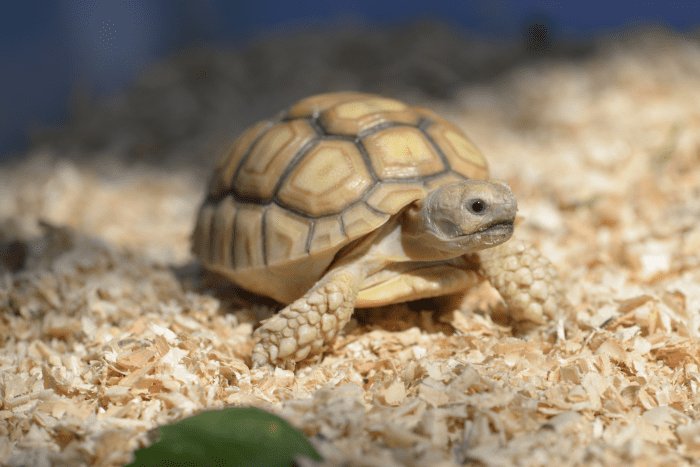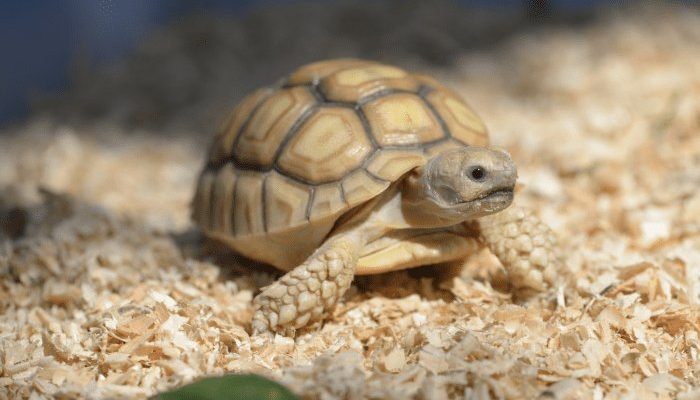
When you think about keeping a Russian tortoise healthy, it’s not just about making sure they have food. It’s about creating a whole lifestyle that supports their well-being. This includes everything from their habitat to their diet and even their social needs. So, let’s dive into how to keep your Russian tortoise thriving and what to watch out for along the way.
Understanding the Basics of Russian Tortoise Care
First things first, let’s talk about what makes Russian tortoises tick. Native to the arid regions of Russia and surrounding areas, these tortoises are built to handle harsher environments than many other species. They thrive in dry, sunny places, which means their habitat should mimic this as closely as possible. If you’re thinking of having one as a pet, you’ll want to start with a suitable enclosure that offers plenty of space to roam.
Habitat Setup
Their habitat should include:
- A spacious area with a substrate like coconut coir or aspen shavings for burrowing.
- Access to UVB lighting to help them synthesize vitamin D for strong bones.
- Warm basking spots around 90°F and cooler areas around 70°F to 75°F.
Creating a comfortable home helps ensure a healthy, happy tortoise. Just like you wouldn’t want to live in an uncomfortable or out-of-place setting, your tortoise will thrive better in a well-maintained environment.
Diet: The Key to a Healthy Russian Tortoise
Now that we’ve got their living situation established, let’s focus on food—arguably the most important aspect of keeping your Russian tortoise healthy. Think of their diet as the fuel that keeps their tiny engine running smoothly.
What to Feed
Russian tortoises are herbivores, and their diet should consist mainly of:
- Dark leafy greens like kale, dandelion greens, and mustard greens.
- High-fiber hay, such as timothy hay, which aids digestion.
- Occasional treats of fruits or vegetables but in moderation, as too much can upset their stomach.
You might be wondering, why is fiber so important? Well, it helps their digestive system stay healthy and prevents issues like constipation. Just like a well-balanced meal helps you feel energized, a varied and nutritious diet keeps your tortoise in tip-top shape.
Common Health Issues in Russian Tortoises
Even with the best care, health issues can still pop up. It’s important to stay vigilant and recognize the signs of common health problems. Think of it as staying attuned to a friend who might not be feeling well.
Respiratory Infections
One common issue is respiratory infections. Symptoms may include:
- Wheezing or coughing sounds.
- Nasal discharge or excessive sneezing.
- A lack of appetite.
If you notice any of these signs, consult a vet who specializes in reptiles. Early detection is crucial, just like catching a cold before it gets worse.
Preventive Measures: Keeping Your Tortoise Safe
Prevention is always better than cure, and with a bit of foresight, you can keep your Russian tortoise healthy and happy. Let’s talk about some essential precautions you can take.
Regular Check-Ups
One of the best ways to prevent health issues is through routine veterinary check-ups. Just like you go for a yearly physical, your tortoise should have an annual appointment with a reptile vet. This can help catch any early signs of illness.
Enrichment Activities
Providing enrichment and mental stimulation is just as important as diet and habitat. Russian tortoises enjoy exploring and foraging, so try adding hideaways and safe items for them to climb on. A bored tortoise can become stressed, leading to health problems. Think of it as creating a little adventure world for your shell-wearing buddy!
Signs of Stress in Russian Tortoises
Just like us, tortoises can feel stressed. Understanding the signs can help you address any issues before they escalate.
Behavioral Changes
You might see behaviors like:
- Hiding more than usual.
- Refusing to eat.
- Becoming aggressive or withdrawing.
These changes could indicate stress due to temperature fluctuations, habitat noise, or even improper handling. Pay attention to their daily routines, and if something seems off, it’s worth investigating.
Hydration: Don’t Forget the Water!
Hydration is often overlooked but super important for your tortoise’s health. Just as you need water to thrive, so does your tortoise.
How to Hydrate
Make sure your tortoise has access to fresh water daily. Some tortoises may prefer to soak in water, which helps with hydration and can aid in shedding. To see if your tortoise needs a soak, look for signs of dryness or if they seem lethargic.
You can use shallow dishes that allow your tortoise to enter and exit easily. Just like you enjoy a refreshing drink, a good soak can be like a spa day for them!
Final Thoughts: Commitment to Care
Caring for a Russian tortoise is a rewarding journey, filled with unique challenges and joys. By understanding their environment, diet, and common health issues, you’re setting the stage for a happy, healthy life for your shelled friend. Remember, just like any pet, they need a commitment of your time and energy.
In conclusion, maintaining a healthy Russian tortoise involves attention to detail and a little bit of love. With the right habitat, diet, and preventive care, you can help your tortoise thrive for years to come. Embrace the journey, and enjoy the companionship of your tortoise—it’s a bond that can truly enrich your life.

